The Special Festivals Vietnam
Vietnam’s festivals are a vibrant tapestry of culture, spirituality, and community celebration. Each festival, rooted in deep tradition and folklore, offers a glimpse into the nation’s rich history and diverse cultural heritage. From solemn Buddhist ceremonies to lively folk performances and elaborate rituals honoring mythical figures, Vietnam’s festivals showcase the country’s unity, resilience, and enduring traditions that continue to captivate both locals and visitors alike.
Follow along with SILA Urban Living to find out more details about these culturally rich festivals!
Lunar new year
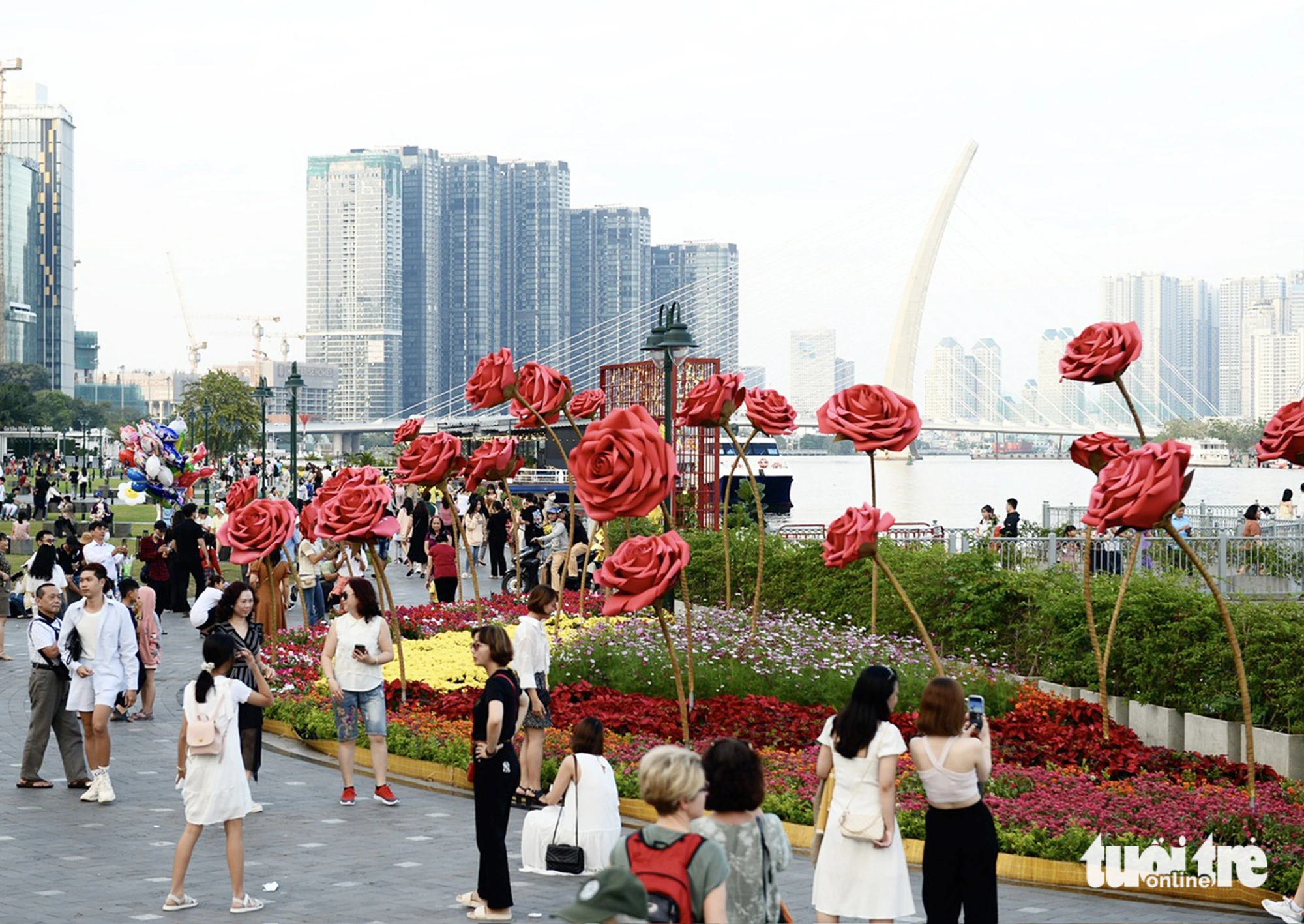
Traditional Tet (Lunar New Year) is the official Tet holiday in Vietnam, marking the arrival of spring based on the lunar calendar. This is an important festival for Vietnamese people. New Year’s Day expresses gratitude to the gods because spring brings a lot of fresh flowers in bloom. Pilgrims go to temples and shrines to pray for peace, and families gather to welcome a happy and prosperous new year. Come to SILA Urban Living to enjoy and discover the Tet holiday in Saigon.
Hung King festival
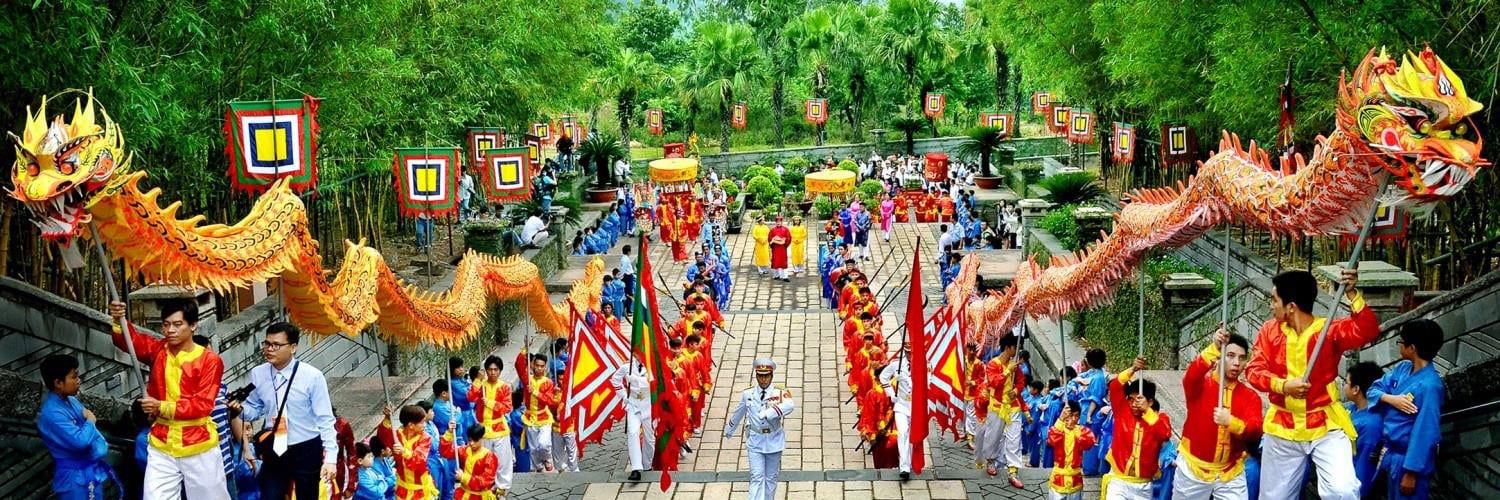
“Whoever goes back and forth, remember the anniversary of the Tenth of March.” Hung King’s anniversary is one of the biggest festivals in the country.
The Hung King Festival, celebrated annually on the 10th day of the third lunar month at Hung Temple in Viet Tri City, Phu Tho Province, holds significant cultural and historical importance in Vietnam. It honors the legendary Hung King, commemorating the contributions to the nation’s foundation. Recognized as a National Intangible Cultural Heritage by the Vietnam Ministry of Culture and Sports and designated by UNESCO, this traditional festival is observed with reverence by Vietnamese communities worldwide.
Huong Pagoda festival
Huong Pagoda, nestled amidst picturesque mountains in Northern Vietnam, is renowned for its cluster of temples centered around Huong Tich cave. The Huong Pagoda Festival, held annually from January to March of the lunar calendar for over a century, remains a magnet for Buddhists and tourists alike. Beyond its cultural significance and dignified ceremonies, the festival offers breathtaking views of serene mountains and rivers, providing visitors with a peaceful and unforgettable experience of Northern Vietnam’s natural beauty.
Yen Tu Festival – Quang Ninh
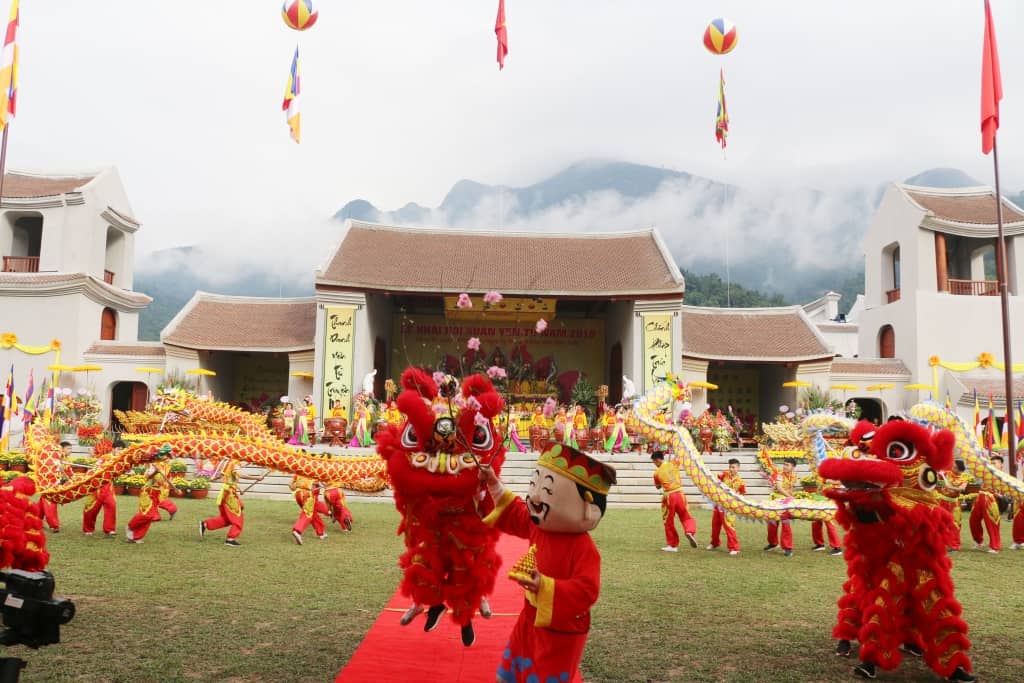
Yen Tu Mountain, also known as Bach Van Mountain for its perennial shroud of white clouds, was historically referred to as Elephant Mountain due to its imposing elephant-like shape. Standing majestically at over 1000 meters high, it symbolizes a towering presence in Vietnam’s landscape. This sacred site served as the Buddhist center of Dai Viet, where Emperor Tran Nhan Tong, renowned for his victories over the Yuan-Mongol armies, abdicated his throne in pursuit of spiritual enlightenment. Here, he founded Truc Lam Zen Buddhism and oversaw the construction of 11 pagodas and numerous towers within the relic complex. The Yen Tu Festival, commencing on January 9 and spanning three months into spring, draws Buddhist pilgrims and tourists from across the region to partake in its rich cultural traditions and serene natural beauty.
Fishermen festivals
A longstanding tradition observed annually during the first lunar month by coastal communities from Quang Binh southward, particularly prominent in the South Central region, is the Nam Hai Festival. This festival is deeply rooted in the reverence for Nam Hai, also known as the whale—a majestic and benevolent creature known to aid ships in distress at sea. When a whale passes away and washes ashore, coastal communities hold solemn funerals and construct elaborate mausoleums dedicated to its worship, honoring its role as a guardian of the seas and protector of seafarers.
Dong Da Festival
The Dong Da Festival unfolds annually on the 5th day of the Lunar New Year at Dong Da mound area in Hanoi, a commemoration dedicated to the hero Quang Trung – Nguyen Hue. Renowned for his exceptional leadership, Emperor Quang Trung led a decisive campaign that swiftly expelled 29,000 Manchu invaders, safeguarding Vietnam’s independence in a mere five days from the 30th night to the 5th day of the Lunar New Year. To this day, the festival remains a vibrant celebration filled with engaging activities and captivating performances, honoring the legacy of this heroic leader and the victory that secured national sovereignty.
Giong Festival
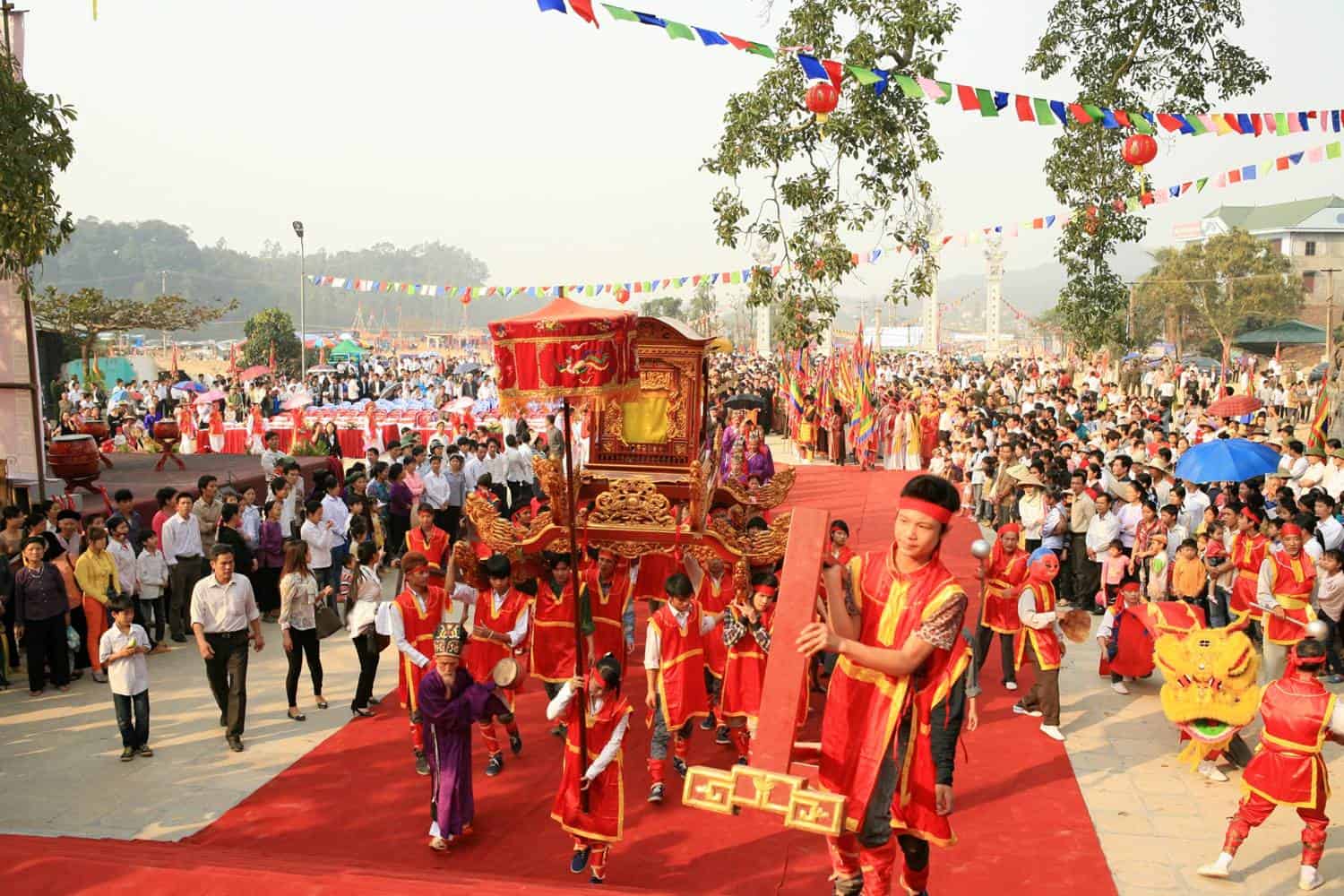
The Giong Festival is an annual event held on the 7th, 8th, and 9th days of the 4th lunar month in Phu Dong commune, Gia Lam district, Hanoi city. This festival commemorates the legendary hero Phu Dong Thien Vuong, celebrated in Vietnamese folk beliefs. The festivities include symbolic reenactments of Saint Giong’s battles against foreign invaders, showcasing the resilience of Vietnamese defending their homeland. Through these performances, the Giong Festival not only honors the heroic spirit of Saint Giong but also fosters a deep sense of national solidarity and patriotism among participants and observers alike.
Ba Chua Xu Festival
When visiting the Southwest region of Vietnam, a highlight not to be missed is the Ba Chua Xu festival. This festival is held from April 23 to 27 at the base of Sam Mountain in An Giang province. This vibrant festival is dedicated to honoring Ba Chua Xu, revered as one of the six Holy Mothers in Vietnamese folklore. Drawing over 2 million visitors each year, the festival features elaborate ceremonies and rituals aimed at seeking blessings of prosperity for their families. It is a cultural spectacle that offers a unique glimpse into Vietnamese spiritual traditions and community celebrations.
Bai Dinh Pagoda Festival – Ninh Bình
Bai Dinh Pagoda is situated within the Trang An Scenic Landscape Complex. It is approximately 15 km from Ninh Binh city and holds the distinction of being Vietnam’s largest temple. It is renowned for hosting the largest Buddha statue and bronze bell in Southeast Asia, as well as the corridor adorned with the most Buddha statues. Bai Dinh Pagoda is surely a testament to Vietnam’s rich cultural and spiritual heritage.
Each year, the Bai Dinh Pagoda Festival commences on the 6th of January and continues until the end of March. This significant event features a myriad of spiritual activities. These include bird releasing ceremonies, prayers for national peace and prosperity, temple tours, and traditional folk games. It serves not only as a religious pilgrimage but also as a captivating tourist destination.
Lim Festival – Bac Ninh

The Lim Festival stands as the most esteemed and ancient festival of Bac Ninh Province. It is celebrated annually on the 13th day of the first lunar month. Revered for its embodiment of traditional northern Vietnamese culture, the festival offers visitors a captivating experience steeped in local heritage. At Lim Festival, guests are treated to the melodious tunes of Quan ho folk songs. This is a distinctive musical genre originating from Bac Ninh. This musical tradition, characterized by its lyrical exchanges between male and female singers, captivates audiences with its heartfelt melodies and poetic lyrics.
In addition to the musical performances, the festival features a plethora of unique folk games. All of which highlight the region’s vibrant cultural tapestry. These traditional games not only entertain but also serve as a testament to the community’s unity and spirit. The Lim Festival thus presents a rare opportunity to immerse oneself in the essence of Bac Ninh’s cultural richness. This offers a memorable experience that resonates with the spirit of northern Vietnam.
Thay Pagoda Festival

Nestled at the foot of Sai Son Mountain in Hanoi are Thay Pagoda, Tay Phuong, and Perfume Pagoda. These pagodas form a renowned trio of temples in the region. Each year, from the 5th to the 7th day of the third lunar month, the Thay Pagoda Festival unfolds. Monks, nuns, and devotees alike are drawn to participate in its sacred rituals. During the festival, monks and nuns clad in formal kashāyas gather. The centerpiece of the festival is the Buddha worshiping ceremony. This, accompanied by the harmonious melodies of traditional ethnic musical instruments, make an enriching, spiritual experience.
Beyond its religious significance, the Thay Pagoda Festival showcases vibrant cultural expressions. This ancient art form of water puppetry, steeped in folk traditions, is used to portray this expression. It captivates audiences with performances depicting legendary tales like Thach Sanh and Tam Cam. Spectators also enjoy scenes of everyday rural life, including plowing fields, herding ducks, and traditional wrestling matches. The Thay Pagoda Festival thus offers a profound journey into both spiritual devotion and cultural heritage, making it a cherished event that resonates not only within Vietnam but also across borders, celebrating the enduring traditions of Hanoi’s rich cultural tapestry.
Thank you for reading our post about the famous and culturally rich festivals in Vietnam. If you need a place to stay on your next visit to Saigon, please don’t hesitate to reach out to SILA Urban Living, located in District 3!
SILA Urban Living – Where Lifestyle Meets Harmony
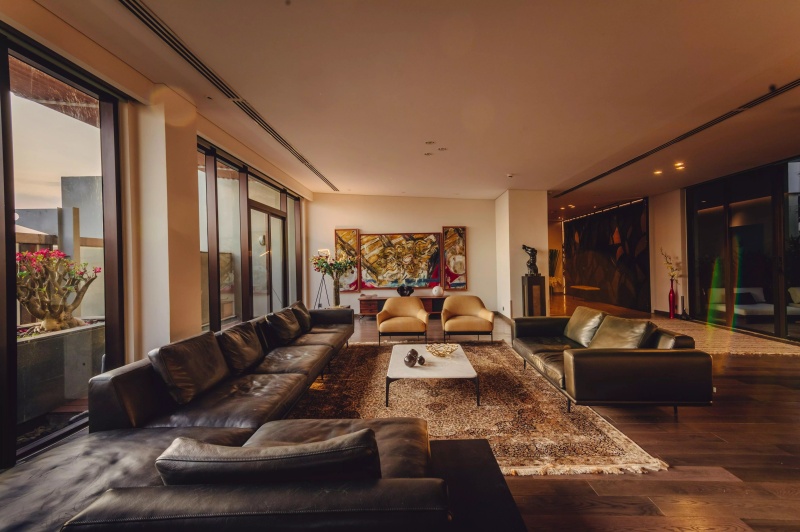
District 3, the home of the luxury serviced apartments at SILA Urban Living. Here we provide:
- Prime location: SILA Urban Living is located on the main road in the center of District 3. From here, customers can easily get to major places in the city. This location is close to commercial centers, supermarkets, schools, banks, and consulates. Moreover, you can find local bars, cafés, and restaurants convenient and reasonable for your personal or business trip.
- Luxurious and classy space: Built in a modern style, delicate colors, and luxury furniture, SILA Urban Living will give customers the perfect living space, separate from the hustle and bustle of the city center.
- Fully furnished: SILA Urban Living will provide you with everything you need, including a TV, refrigerator, air conditioner, washing machine, bed, chair, and wardrobe.
- Guaranteed security: SILA Urban Living serviced apartments in Ho Chi Minh City always have a security team operating 24/7. Additionally, each apartment is fitted with CCTV systems and an RFID door lock with magnetic card access, always ensuring absolute safety for guests during their stay.
We hope that the above information from SILA Urban Living serviced apartments in Ho Chi Minh City will help you know the best place to visit right in District 3. Therefore, by staying with us, you will surely live in luxury while exploring nearby destinations.
SILA Urban Living
Hotline: +84 28 39 300 800
Email: info@silaliving.com
Website: www.silaliving.com
Facebook: SILA Urban Living
TikTok: silaurbanliving
Instagram: @silaurbanliving

